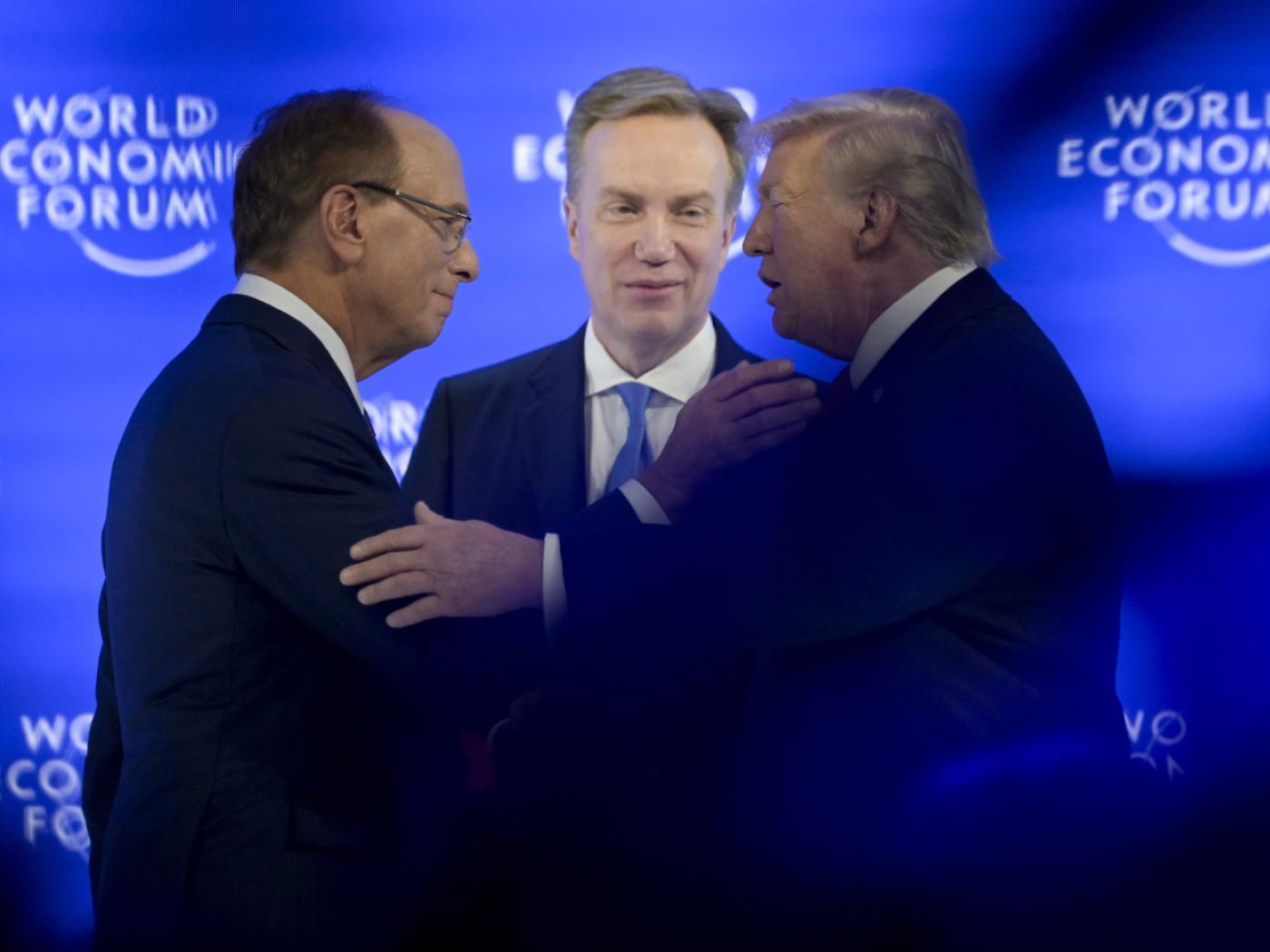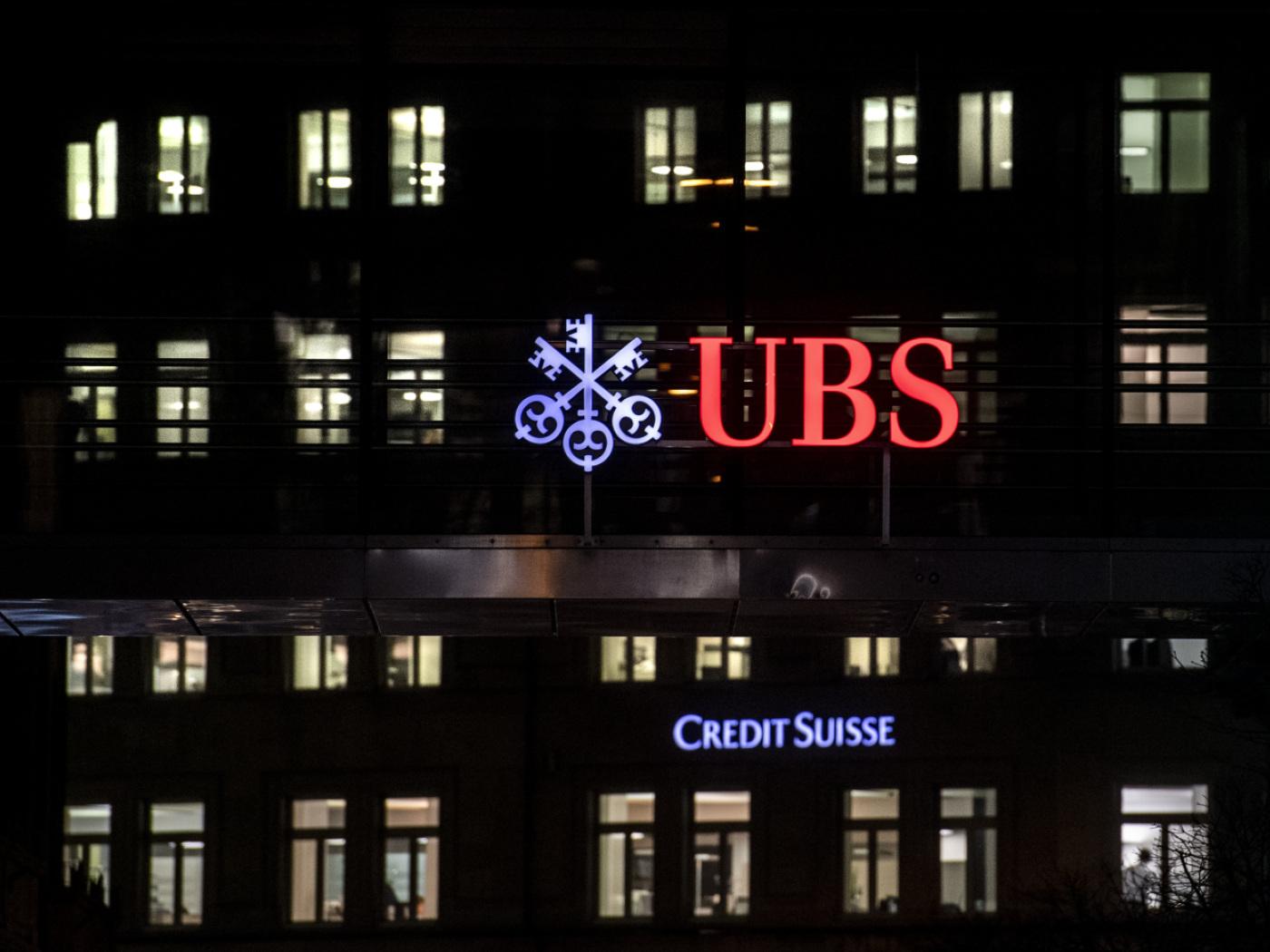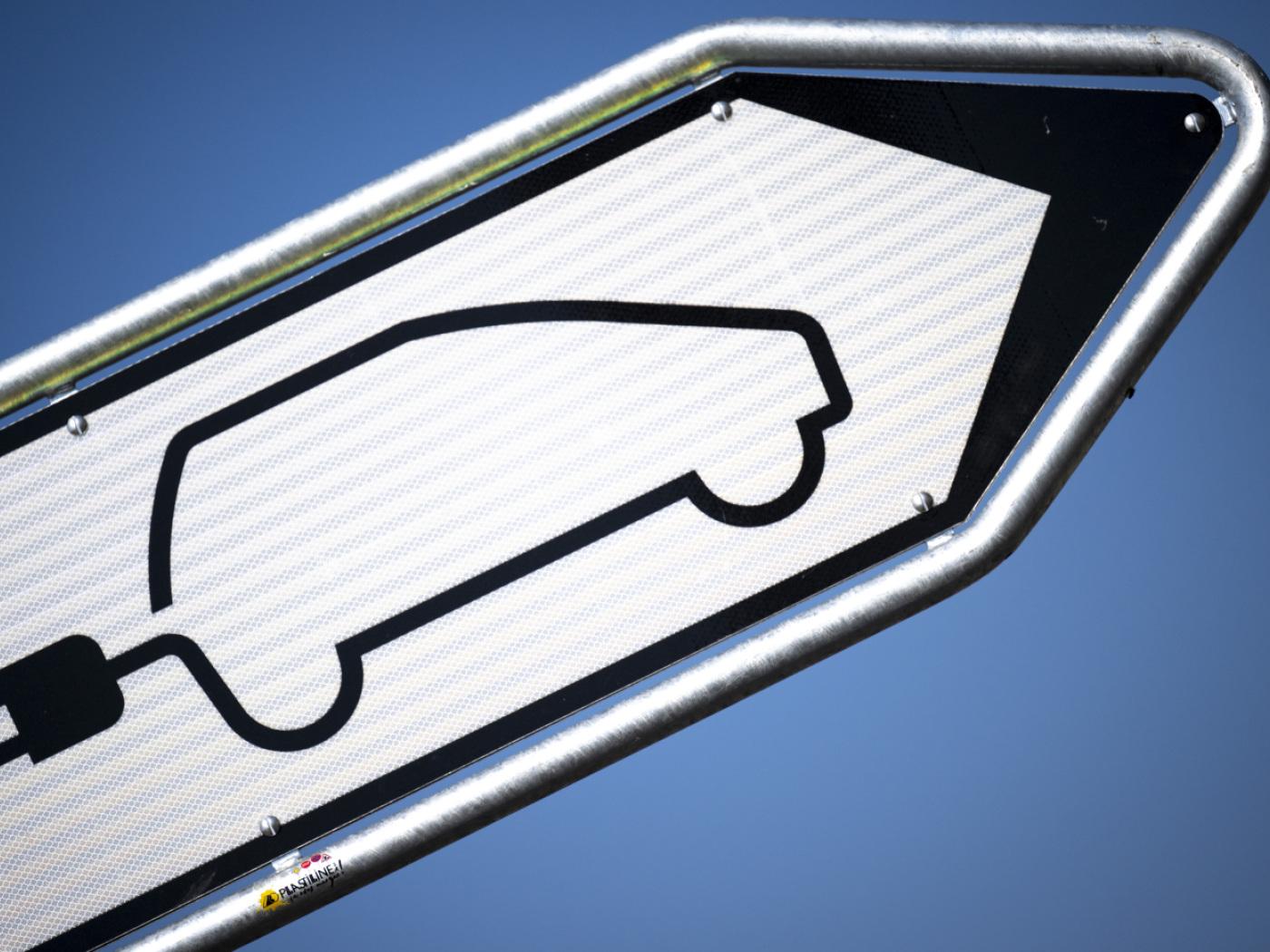Often, government-created holidays begin with a good premise — i.e., Independence Day, Armistice Day — and get worse from there. On Independence Day, instead of celebrating armed rebellion and secession, we now sing the praises of the government. Similarly, Armistice Day — a day designed to commemorate the end of a war — became Veterans Day, a day designed to honor government employees.
Thanksgiving Day, on the other hand, appears to have moved in the opposite direction. It started out as a holiday based on a lousy premise, but over time took on a life of its own — a life quite separate from the propaganda function it originally served.
It’s not a coincidence that the federal holiday we now know as Thanksgiving Day started out at a wartime measure from Abe Lincoln, one of America’s most big-government politicians. The purpose of Lincoln’s Thanksgiving proclamation was more or less to tell Americans to pray for a Union victory and to be thankful for “the advancing armies and navies of the Union.”
Lincoln didn’t invent the idea of using proclamations of thanksgiving to push a nationwide government agenda. Intermittent declarations of thanksgiving feasts date to well before the Revolution. But none, of course, were “national” declarations. Those likely begin with George Washington’s proclamation of 1789, declaring Americans ought to thank God for the alleged fact “we have been enabled to establish Constitutions of Government for our safety and happiness.” Skeptical observers were less than impressed with Washington’s praise for the new government, which had had yet to prove its benevolence. Representative Thomas Tudor Tucker of South Carolina, for example, objected, stating: “they (the people) may not be inclined to return thanks for a Constitution until they have experienced that it promotes their safety and happiness.”
The inherently bossy and nationalistic nature of these proclamations was not lost on opponents of federal power. Andrew Jackson refused to issue a national proclamation of thanksgiving on the grounds it would violate both the Constitution and state sovereignty. He declared such a move “might disturb the security which religion now enjoys in the country, in its complete separation from the political concerns of the General Government.”1
Few other presidents have shared Jackson’s scruples over the matter, however. Issuing proclamations of prayer and thanksgiving has become routine for US presidents, especially during times of crisis.
Social and Economic Changes
The proclamations themselves may have been heavily political, but the way the holiday was celebrated has evolved more naturally.
Gains in standards of living, for example, helped increase the focus on families at thanksgiving feasts. In times of poverty and misfortune, the poor could not afford their own feasts, and the dictates of European custom and Christian charity impelled the wealthy to invite the poor to feast with them. However, “as the household became the self-sustaining unit of their life,” W. DeLoss Love concludes, “it was better that the family should feast together, rather than that the richer should invite the poorer.”
Thus, according to Janet Siskind, “The household became the site of ritual performance in contrast to the earliest thanksgivings which were community-wide or congregational in character.”
Moreover, as more and more family members were leaving the family farms for cities, Thanksgiving rituals also emphasized the importance of visiting (presumably older) relatives left behind. Siskind continues:
By the mid 19th-century, Thanksgiving had become associated with homecoming. … The simple virtues of the past were merged with the return home to the rural family farm and the rural extended family. Returning home for Thanksgiving was both a metaphor and a ritual performance of solidarity, renewing or validating family ties.
These rituals, however, were not practiced universally.
Early spontaneous celebrations of thanksgiving festivals in Pennsylvania included parades of drunken men complete with marching bands, horses, carriages, and costumed participants. According to William Dean Howells, in an 1894 issue of The Cosmopolitan magazine,
The poor [of New York City] recognize the day largely as a sort of carnival. They go about in masquerade on the eastern avenues, and children of the foreign races who populate that quarter, penetrate the better streets, blowing horns, and begging of the passers.
According to historian Elizabeth Pleck, though, by 1900 “adult male revelers seem to have disappeared from Thanksgiving parades.”
Thanksgiving Rituals Continue to be Hijacked for Political Purposes
The decline of these spontaneous celebrations — perhaps similar to today’s informal neighborhood-based Halloween rituals — did not happen by accident. It was helped along by activists — often reformers in the mold of later pietists — to universalize the middle-class thanksgiving rituals that had grown up around many families. These efforts had a distinctly political motivation behind them. Writer and editor Sarah Josepha Hale, for example, pushed for a national holiday and for adoption of Thanksgiving rituals designed to emphasize both national unity and Hale’s brand of religious morality. Meanwhile, the growing public schools were hammering home a national creation myth about Pilgrim settlers in New England.2
By the 1920s, it appears the Thanksgiving rituals we now recognize had become both widespread and well established.
More Food, Less Politics
It spite of the best efforts of the reformers, though, ordinary Americans of the middle and working classes were never quite won over to Thanksgiving as an exercise in national piety.
The spirit of the Thanksgiving “carnivals” was already being transferred to sporting events by the end of the nineteenth century. In the 1890s, football games had become integrated into Thanksgiving celebrations. Howells notes:
[Y]ou may be shocked or amused to learn that the festival of Thanksgiving is now so generally devoted to witnessing a game of foot-ball between the Elevens of two great universities, that the services at the churches are very scantily attended. The Americans are practical, if they are not logical, and this preference of foot-ball to prayer and praise on Thanksgiving day has gone so far that now a principal church in the city holds its services on Thanksgiving eve, so that the worshippers may not be tempted to keep away from their favorite game.
This irreverent ritual was further helped along when radio and television allowed for the viewing of football games from home. Fewer games were played, but more viewers could enjoy the games from their living rooms. Thanksgiving, of course, is not an actual religious holiday, regardless of presidents commanding us to thank the deity in the government-prescribed fashion. It’s a sign of social health that so many for so long have been more interested in beer and sports than in reciting government-inspired platitudes.
Moreover, for many Americans, Thanksgiving remains just a chance for a break, and this was never improved by government school teachers haranguing children about Pilgrims, turkey, and Indians.
This week, the more fortunate among us will avoid being subjected to the home version of the schoolmarm who can’t let Thanksgiving go by without an unwelcome and unnecessary political message. But we know they’re out there. There’s always someone who just can’t wait to spend the day telling us which ethnic group (foreign or domestic) is currently in the process of destroying the country. And then there’s the angry leftist who thinks it’s her mission in life to identify the “bigots” at the dinner table.
This is perhaps to be expected in a country that gave us “Blamesgiving,” a 1931 event during which militant atheists gathered on Thanksgiving to virtue-signal about their concern for worldwide suffering. They did it by refusing to have any fun on Thanksgiving. As Harry Cheadle summed it up in Vice:
the idea was that while Christians got together to eat food and celebrate one another and the good things in their lives, atheists, unburdened by pathetic superstitious beliefs in deities, would gather in an auditorium and kvetch about how awful Christianity and God were.
Cheadle notes there’s no evidence that a second Blamegiving ever took place. It’s likely few participants wanted to repeat the experience. But maybe the participants just didn’t see the point of complaining to each other. Wouldn’t it make more sense to denounce old Aunt Dorothy to her face in her own home? After all, that sort of thing is very much in the “tradition” of government thanksgiving proclamations and sour-faced reformers’ calls for a “proper” Victorian meal.
Fortunately, in this case, most people choose to ignore tradition.
- 1. From a letter to the Synod of the Reformed Church, June 12, 1832, reprinted in John Spencer Bassett, ed., Correspondence of Andrew Jackson, vol. 4 (Washington, D.C.: Carnegie Institution, 1929). Nowadays, atheists are fond of quoting this passage as if it was evidence Jackson supported a “wall of separation” between government institutions and religious institutions. But they miss Jackson’s point. The key phrase here is “General Government,” which in the nineteenth century meant “federal government.” Jackson assumed state governments would have days of prayer and thanksgiving. Jackson was opposed to any federal proclamation on the matter. For Jackson, pushing national unity with holidays and proclamations was an abuse of federal power.
- 2. Because of the Northern slant to this story, white Southerners generally ignored Thanksgiving into the late nineteenth century.
Tags: newsletter
































